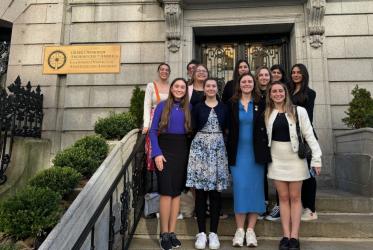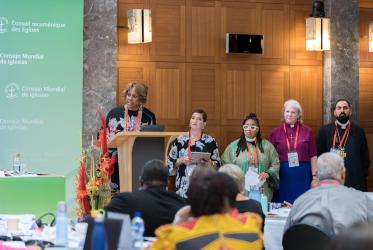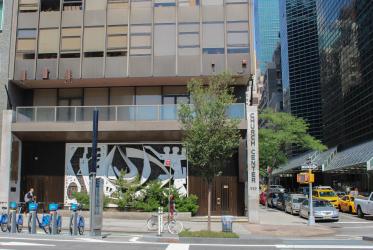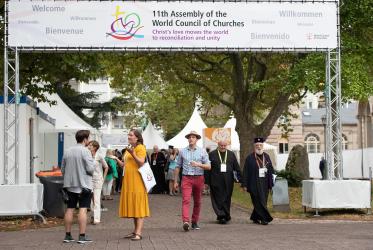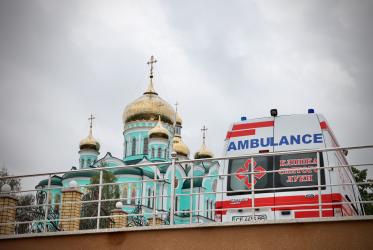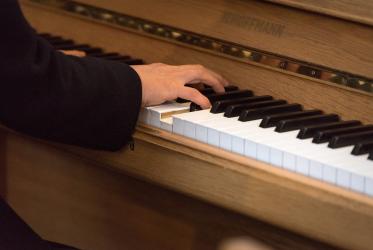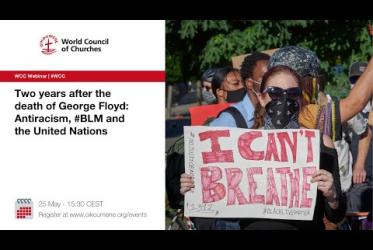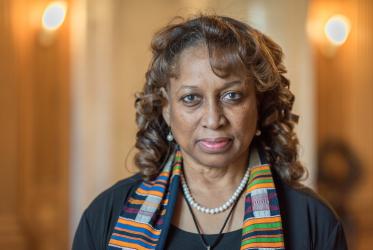Displaying 1 - 20 of 37
Ecumenism in the Philippines means hope and resilience
22 August 2023
In New York City, the spirit of Thursdays in Black is thriving
06 October 2022
Ukraine: Responding to humanitarian need
08 September 2022
Monastery in Ukraine responds to the consequences of war
09 August 2022
Rev. Dr Angelique Walker-Smith receives Figel Ecumenism Award
25 February 2022

